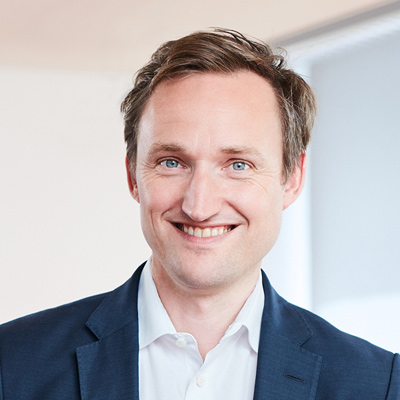Artificial Intelligence
Major technical advancements in artificial intelligence include search engines, machine translation tools, data-mining, speech and image recognition tools, and knowledge-based systems.
Computer-implemented processes, however, can only be protected by patent law to a limited extent, because computer programs per se are not patentable.
To date, there are no clear legal provisions governing the use of AI models in relation to IP rights.
Consider copyrights
Copyright protects works such as literature, music, pictures and films. The author has the sole right to make the work publicly available, to perform it or to reproduce it.
Digital media also have copyright relevance. Companies should deal with this, because copyright must always be taken into account in connection with the use of software, computer programs and databases, or when using music, photos and films for advertising purposes.
Currently much discussed: What happens when a work is created by an AI? The question is not easy to answer. According to German copyright law, the manufacturer/programmer of an AI tool is basically not considered the author of the generated content, since he only provides the software. An AI cannot be recognized as an author under current law either, since it does not have a legal personality, which is a prerequisite for the ownership of (intangible) assets.
Patent AI
AI as such cannot be patented under current law, because there is a general exclusion of the patentability of algorithms. Patent protection is also not possible in the development phase of an AI-based product, in which the software is trained, modeled and tested.
For example, a final AI application or technique, or an AI-based product, may be patentable if it is novel, involves an inventive step, and is susceptible of industrial application. The patentability of a particular approach to implementing an AI algorithm on a piece of hardware could also be patentable.
Patenting AI applications
In recent years, AI-related patent applications have increased sharply, especially in China and the U.S. - and patentability and any need for reform are much discussed.
The same requirements apply to patenting artificial intelligence applications as to existing software programs; see the article Patenting Software.
The issue of infringement of intellectual property rights must also be taken seriously in this context. For example, it is the case that AI systems are often trained on existing data and thus the final AI application is also based on this data. If this data is already patented, this could lead to the AI application also infringing the existing patent.
Practical example ChatGPT
ChatGPT is a chatbot that automatically generates and extracts data from textbooks, newspapers, websites, and articles. ChatGPT is based on a variety of training data and algorithms. It uses AI to give individually generated answers - from the information it has collected in its database.
A lot of the content created by this chatbot, such as articles, song lyrics, programming codes or translations of texts, will be copyrighted. However, the responses cannot be traced back to a specific person. The content is also not the property of the AI itself.
Outlook
The challenges and issues related to the intellectual property of AI-generated content and AI applications in patent law and copyright law are many.
Clear rules and guidelines are needed to protect the rights of creators and patent holders and to promote innovation.
In the same vein, companies working with AI must ensure that potential infringements of patents or copyrights are avoided.
Regarding Justus Kreuels:

Justus Kreuels, German and European Patent Attorney since 2011/2012, studied mechanical engineering at the TU Munich and the RWTH Aachen. He is co-founding partner of karo IP. A main focus of his practice is the enforcement of intellectual property rights in the field of mobile communication, Internet of Things (IoT), robotics, etc. in Germany.
